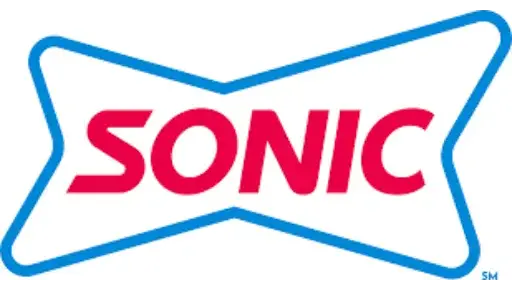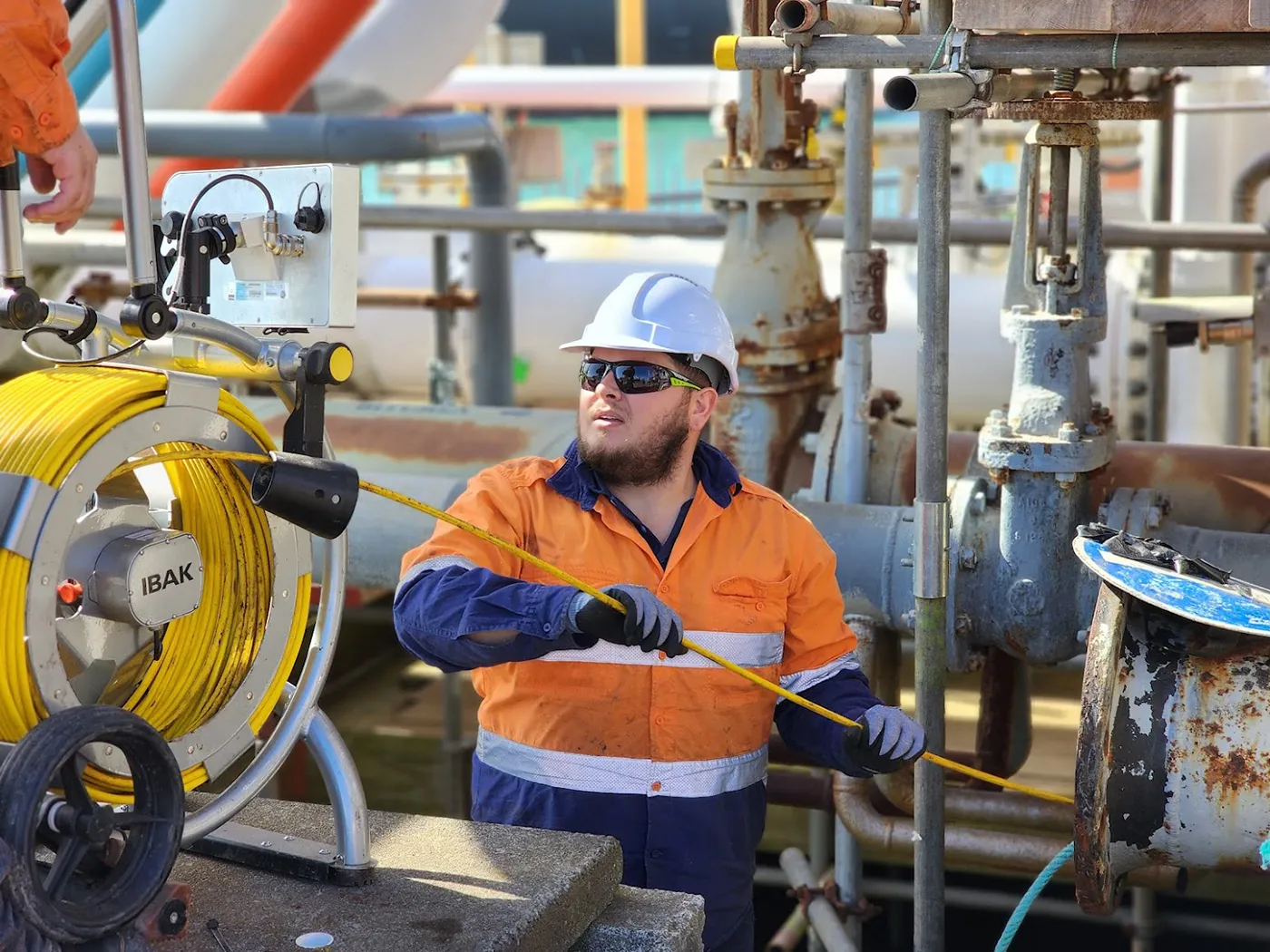How to Vet Pipe Inspection Companies Before Hiring?
Choosing the right pipe inspection company isn’t just about finding someone with the right equipment—it’s about ensuring they have the experience, certifications, and reliability to protect your assets. Whether you’re managing pipelines in oil and gas, water treatment, or industrial facilities, one bad API 653 inspection can lead to missed defects, regulatory fines, and costly repairs down the line.
So, how do you separate the experts from the amateurs? Here’s how to vet pipe inspection companies before making a hiring decision.
1. Verify Industry Certifications and Compliance
Any reputable pipe inspection company should have the necessary certifications to operate within your industry. These certifications ensure that the company follows strict industry standards and safety protocols.
For example, in the oil and gas sector, inspectors should be certified under the American Petroleum Institute (API) standards, such as:
- API 570: Covers in-service piping systems
- API 653: Focuses on aboveground storage tanks
- API 510: Applies to pressure vessels
Additionally, look for certifications from:
- The American Society for Nondestructive Testing (ASNT)
- The National Association of Corrosion Engineers (NACE)
- The Occupational Safety and Health Administration (OSHA)
These credentials ensure that the inspection company follows best practices and understands industry-specific challenges.
2. Assess Their Experience and Track Record
Experience matters when it comes to pipe inspections. A company with decades in the industry has likely encountered a wide range of issues, from corrosion and leaks to structural weaknesses.
Ask the company:
- How long have you been in business?
- What industries do you specialize in?
- Can you provide case studies or references?
A reputable company will have no problem supplying references or testimonials from satisfied clients. If they hesitate or provide vague answers, that’s a red flag.
3. Understand Their Inspection Techniques
Not all pipe inspections are created equal. Depending on your industry and the type of pipelines you manage, you’ll need a company that offers the right inspection methods.
Some key inspection techniques include:
- Ultrasonic Testing (UT): Detects internal and external corrosion, cracks, and wall thickness variations.
- Magnetic Particle Testing (MPT): Used for detecting surface and near-surface flaws in ferromagnetic materials.
- Radiographic Testing (RT): Uses X-rays or gamma rays to inspect weld integrity and detect internal defects.
- Hydrostatic Testing: Checks for leaks by filling the pipe with water and pressurizing it to detect weak points.
- Drone and Robotic Inspections: Ideal for hard-to-reach or underwater pipelines.
Make sure the company you hire for fiberglass tank inspection has expertise in the techniques best suited for your pipes. A company that only offers visual inspections, for example, may miss critical internal defects that could lead to failure.
4. Check Their Regulatory Knowledge
Regulations for pipeline inspections vary depending on the industry and location. The best inspection companies stay updated on the latest legal requirements and ensure their clients remain compliant.
For example:
- The Pipeline and Hazardous Materials Safety Administration (PHMSA) regulates pipeline safety in the U.S.
- The Environmental Protection Agency (EPA) enforces regulations on hazardous material storage and pipeline integrity.
- The American Water Works Association (AWWA) sets standards for water pipeline inspections.
Ask potential inspection companies how they stay informed about changing regulations and ensure compliance for their clients. A knowledgeable company can help you avoid costly penalties and keep your operations running smoothly.
5. Evaluate Their Technology and Equipment
A high-quality inspection company invests in state-of-the-art technology. Older, outdated equipment may not detect smaller defects that can lead to major issues later.
Look for a company that uses:
- Digital reporting systems with real-time data tracking
- High-resolution cameras for internal pipe inspections
- Advanced corrosion mapping tools for accurate assessments
- Remote monitoring solutions for ongoing condition tracking
Cutting-edge technology ensures that inspections are thorough, accurate, and efficient.
6. Review Their Safety Record
Pipeline inspection involves hazardous environments, from high-pressure systems to confined spaces. A company with a poor safety record could put your team, your assets, and your compliance at risk.
Ask about their:
- OSHA compliance history
- Safety training programs for employees
- Record of workplace accidents or violations
A company that prioritizes safety will have clear protocols, ongoing training programs, and a strong safety culture.
7. Compare Cost vs. Value
Cost is always a factor when choosing an inspection company, but the cheapest option isn’t always the best. A lower-cost inspection may mean outdated equipment, inexperienced inspectors, or skipped steps in the assessment process.
Instead of focusing on the lowest price, look at:
- The scope of services included in the cost
- The level of expertise the company provides
- The long-term value in preventing costly repairs or fines
A slightly higher upfront investment in a thorough inspection can save your company hundreds of thousands of dollars in pipeline failures, leaks, and regulatory fines.
8. Ask About Their Reporting and Documentation Process
A pipe inspection is only as valuable as the report that comes with it. A professional inspection company should provide clear, detailed reports with actionable recommendations.
Look for:
- High-quality images and video evidence
- Digital, easily accessible reports
- Compliance documentation for regulators
- Actionable insights for maintenance and repairs
The best companies offer more than just a pass/fail assessment. They provide insights that help you extend the lifespan of your pipes and prevent future failures.
9. Consider Their Availability and Responsiveness
When pipeline issues arise, time is of the essence. A company that takes weeks to schedule an inspection or is slow to provide reports could leave you vulnerable to leaks, regulatory penalties, or downtime.
Ask about:
- Their average response time for emergency inspections
- How quickly they deliver reports after an inspection
- Whether they offer ongoing monitoring or maintenance plans
A responsive, customer-focused company will prioritize timely service and clear communication.
10. Check Online Reviews and Reputation
A quick online search can reveal a lot about a company’s reputation. Look for reviews on:
- Industry forums and associations
Pay attention to trends in customer feedback. If multiple clients mention poor communication, incomplete reports, or missed defects, that’s a warning sign.
Final Thoughts
Choosing the right pipe inspection company isn’t just about finding someone with the right tools—it’s about finding a partner you can trust to keep your operations safe, compliant, and efficient. By verifying certifications, assessing experience, checking inspection methods, and reviewing their safety record, you can make an informed decision that protects your infrastructure and bottom line.
Don’t settle for just any inspection company—do your due diligence, ask the right questions, and invest in a team that prioritizes quality, compliance, and long-term value.




